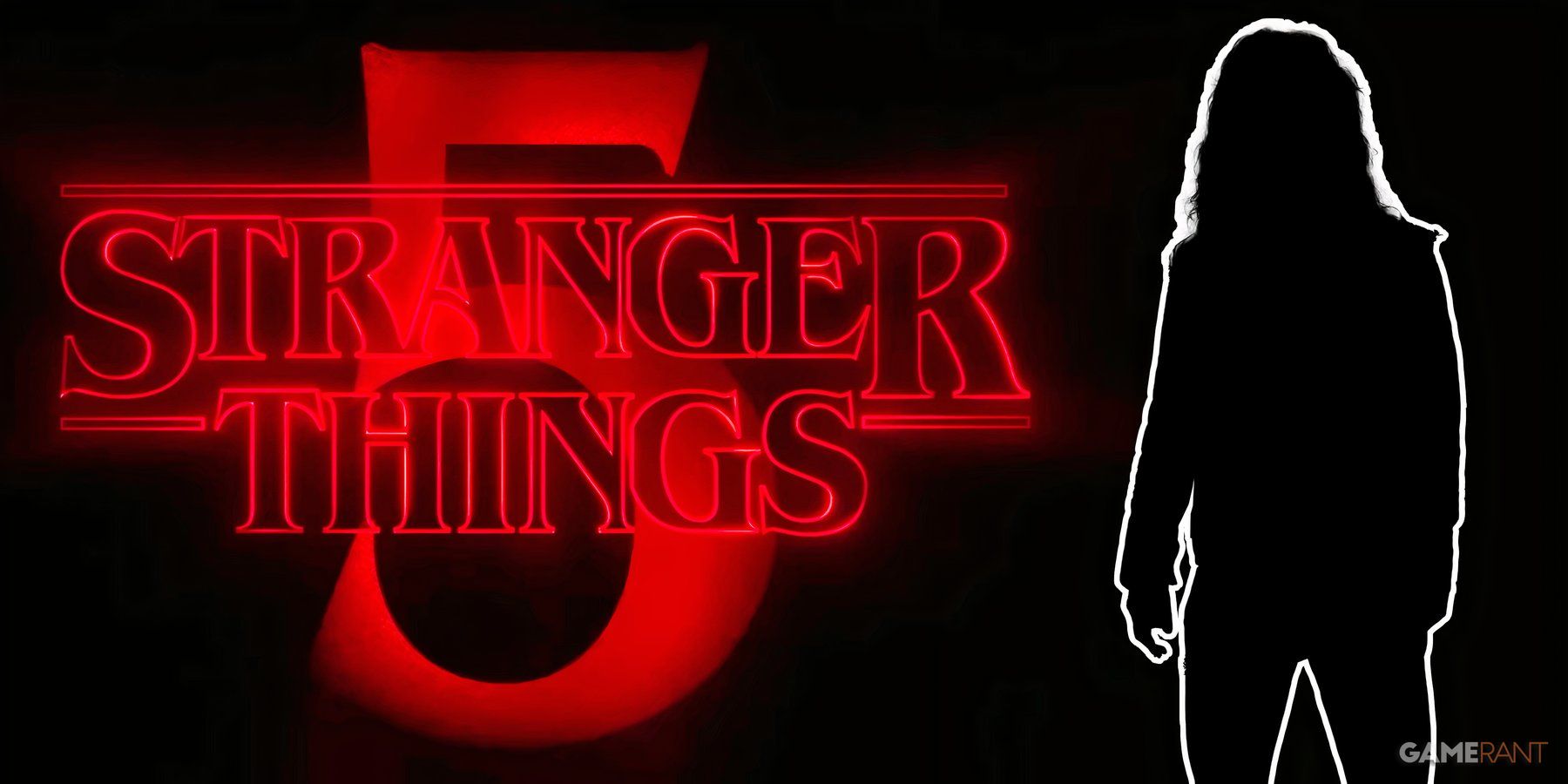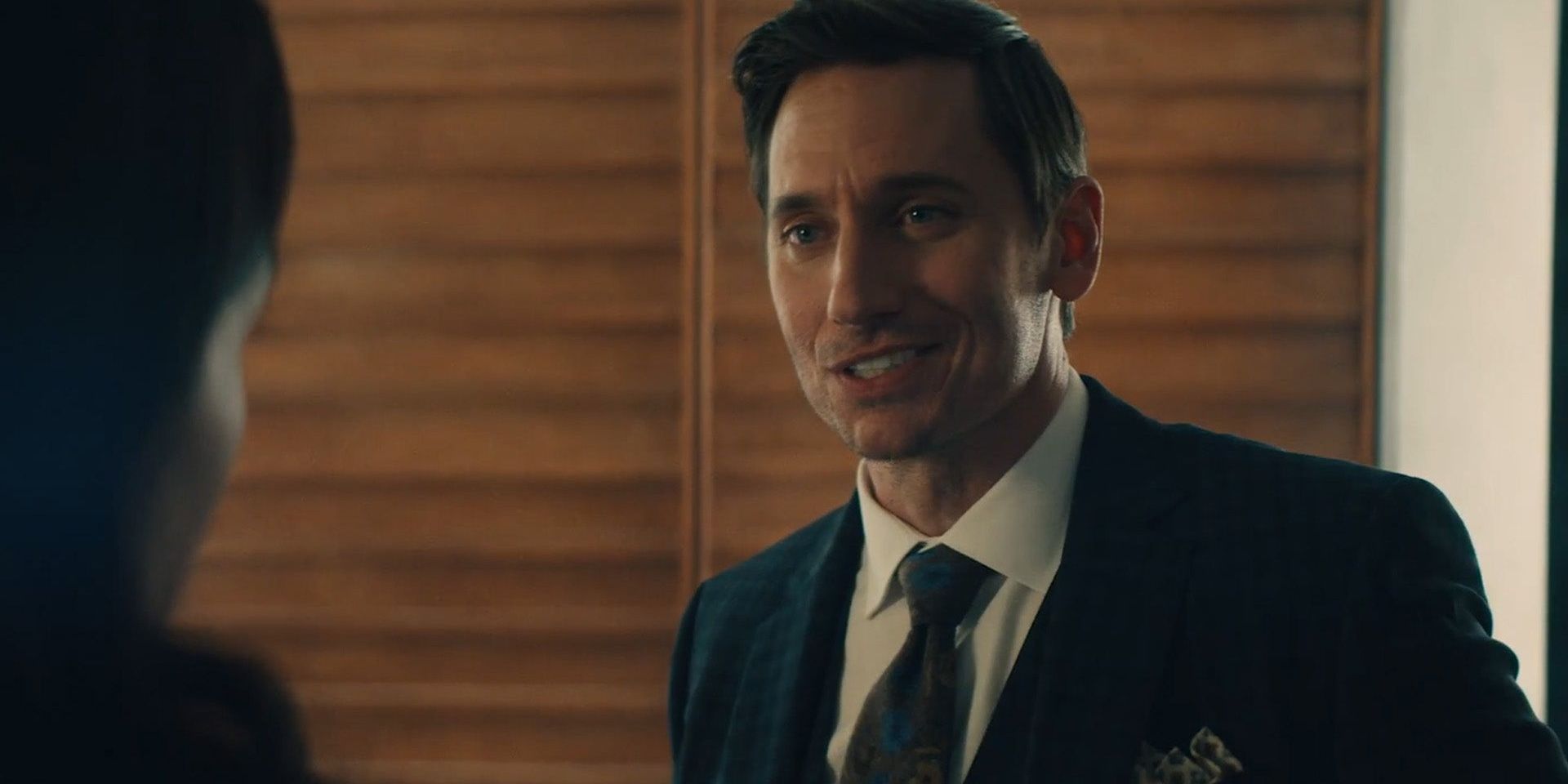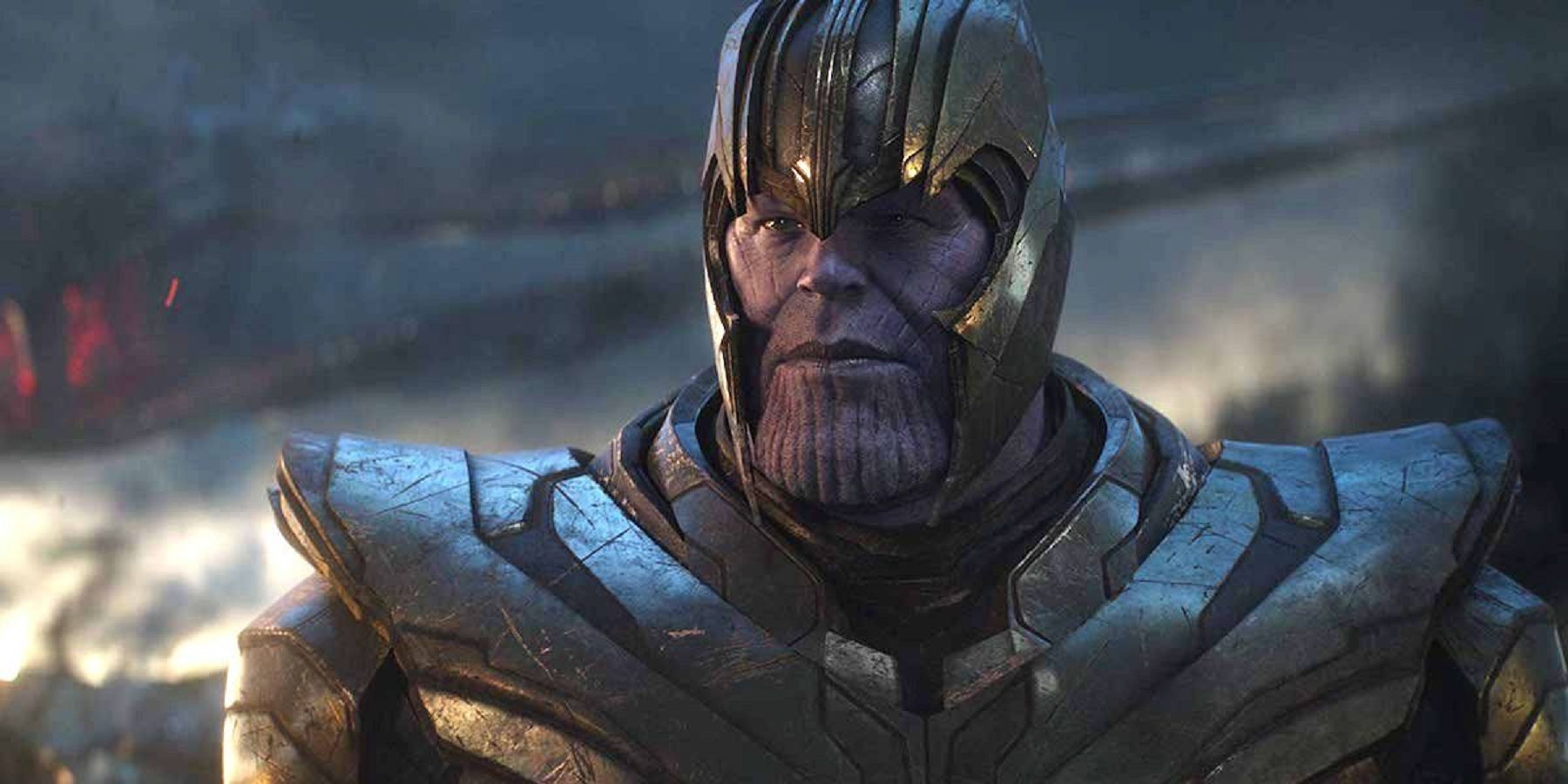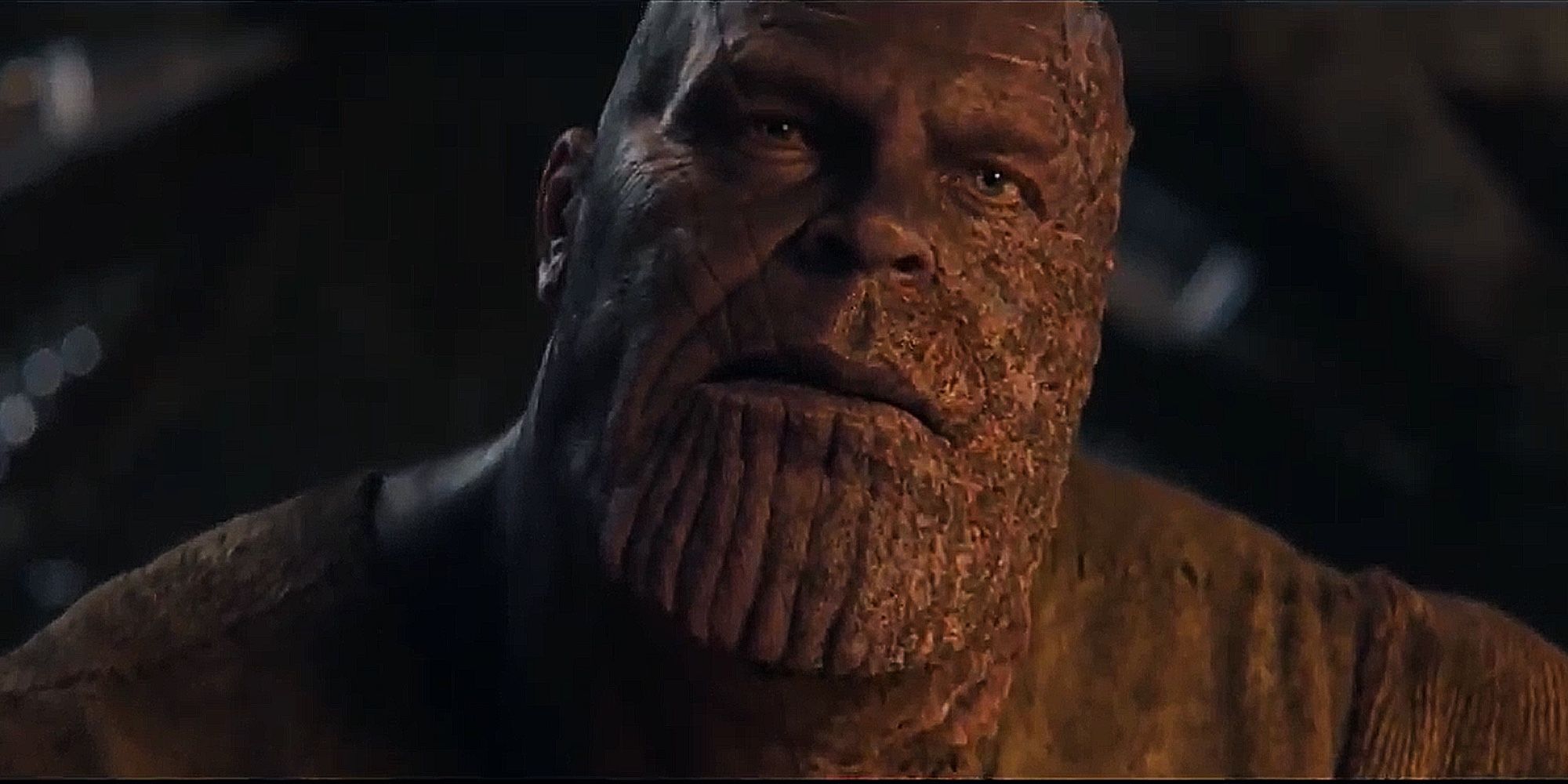The Marvel Cinematic Universe has a long history of reinventing comic characters for the big screen. Sometimes the changes are relatively small, like with Spider-Man or Captain Marvel, while the likes of Yondu and Korg are practically unrecognizable from their comic counterparts.
One major character whose personality and motives were altered in the MCU is the main villain of the Infinity Saga: Thanos, portrayed by Josh Brolin. The infamous Mad Titan’s film portrayal is controversial within some circles for the alterations made to the character in Avengers: Infinity War, with some fans preferring how Thanos was depicted in the source material. However, when one takes a closer look at Thanos’ characterization, he may prove to have a lot more in common with his comic self than it seems at first glance.
Courting Death
If you’ve heard anything about the comic book version of Thanos — created by Iron Man writer Jim Starlin in 1973 — it’s likely that he’s in love with Death. To be more specific, Thanos is obsessed with winning the affection of Mistress Death, the metaphysical embodiment of death itself within the Marvel Comics multiverse. In order to prove his devotion for Death, Thanos is determined to end all life in the universe as an offering to his beloved. The most notable instance of this is in the 1991 crossover miniseries The Infinity Gauntlet, the storyline which inspired much of the story for Infinity War and Endgame.
In The Infinity Gauntlet, Thanos succeeds in completing the titular artifact and wiping out half of all life in the universe with a snap of his fingers, just as he does in Infinity War. And of course, he’s eventually defeated by an alliance of heroes who return the universe to normal, same as in Endgame. But in the comics, Thanos isn’t driven by any desire to bring balance to the universe. Rather, that goal belongs to Death herself — Thanos cares nothing for the prosperity of the living, and only wipes out half of all life in order to prove his devotion to Death. Likewise, while the Thanos of Infinity War has his ruthless actions juxtaposed with moments of humanity and tragedy, Starlin’s Thanos in The Infinity Gauntlet is pure evil, reveling in his own cruelty.
However, it would be false to say that the Thanos of the comics is without any nuance. After all, while he is certainly in love with Death the entity, he’s also shown to be fixated on death as a concept. Thanos’ worldview is colored by a particularly bleak form of nihilism — he views life as utterly meaningless, bringing only pain and suffering. He sees death as the ultimate relief from that pain, and as such believes that he’s doing his victims a favor by killing them. In other words, while Thanos seeks to destroy the universe out of his love for Mistress Death, he also believes that it will bring eternal peace, an end to the suffering of life.
Balancing the Universe
Therein lies the key similarity between the comic and film versions of Thanos. They’re both would-be saviors, who believe that the key to everlasting peace lies in universal genocide. In fact, while MCU Thanos may not be motivated by devotion to Mistress Death, he’s still in love with the concept of death. Thanos failed to save his homeworld of Titan from extinction using his plan to exterminate half the population. And ever since, he’s been obsessed with preventing that same fate from befalling any other world — namely, by becoming a mass-murdering tyrant.
The MCU’s Thanos differs greatly from his comic counterpart in that he truly wants to make the universe a better place to live. He believes in bringing peace not through oblivion, but through control. In that respect, he’s arguably closer to Mistress Death in his motives than the Thanos of the comics. Since he wants to protect the universe rather than destroy it, MCU Thanos comes off as a more noble, sympathetic character, almost compassionate in a twisted way. However, any kindness that once existed in this version of Thanos has been corrupted by his obsession with death.
It’s practically a cliché at this point to bring up how Thanos could easily have used the Infinity Gauntlet to simply double the universe’s resources, making his extermination plan short-sighted and foolish. However, it’s a mistake to think of this as a plot hole rather than a natural result of Thanos’ personality. After all, while Thanos may want to save the universe, he doesn’t truly care about any of the people in it. If he did, he wouldn’t have become a genocidal conqueror. The MCU’s Thanos seeks to bring peace out of narcissism, not altruism. He refuses to give up his original plan to save Titan because he cannot accept the possibility that he’d gotten it wrong the first time — that even if everyone listened to him, his world was still doomed. He’s fixated on death as a means of preserving life, and his ego won’t let him stray from that path.
Ultimately, Thanos doesn’t really want to help people, he just wants to be proven right. He wants a “grateful universe” that worships him as its savior, even if his methods were cruel and irrational from the start. Thanos is obsessed with death as the path to the universe’s salvation, and he lets that obsession blind him to every alternative, turning him into the cold, ruthless villain we see in Infinity War and Endgame. Even if he’s never shared the screen with Mistress Death, the MCU’s Thanos is in love with death all the same. And in that sense, he’s a lot closer to his comic counterpart than you might think.






